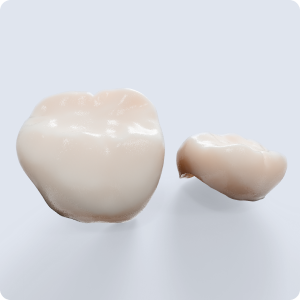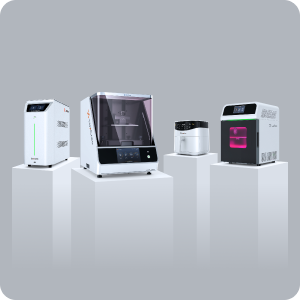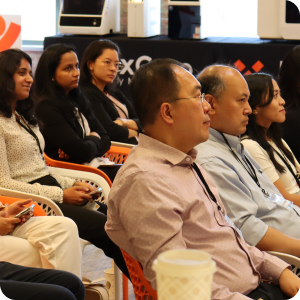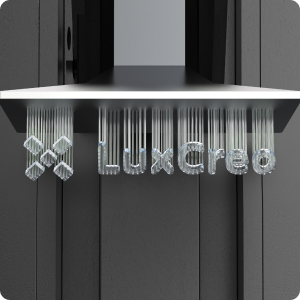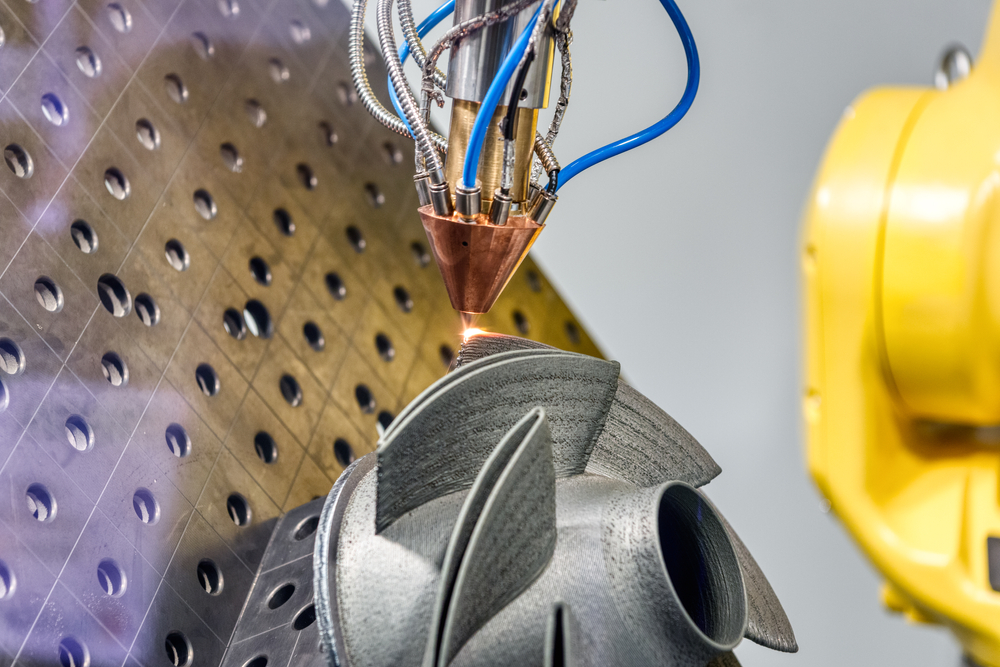
Top Additive Manufacturing Materials by Industry
Some of the first materials used for 3D printing were photopolymers hardened with UV light, as demonstrated by the Japanese inventor Hideo Kodama in 1981. The range of available additive manufacturing materials has significantly broadened over the past 40 years. These advanced materials have enabled the fabrication of many complex products in a range of industries. An additive manufacturing material needs to meet the specific product requirements and be compatible with the deposition process needed to create the product geometries. As the range of advanced materials increases more companies are considering 3D printing as a viable and scalable production process.
3D printing offers a flexible production option, but those new to the technology may not be aware of the range of available material options. The list below reviews production-grade materials for different industries. The challenge for manufacturers and engineers is to select the right additive manufacturable materials that production additive manufacturing solutions can print their product innovation fast, economically, and at a high yield at scale.

Advanced Additive Manufacturing Materials for Various Industries
The list of industries below exemplifies how advanced additive manufacturing materials allow the flexible production of complex products. The range of additive manufacturing materials continues to expand, enabling new applications, volume production, and mass customization.
Dental
Dental industry professionals can print custom dental appliances, surgical guides, bridgework, molds, and implants from advanced photopolymer resins using optical processes like DLP and SLA. These advanced 3D-printable resins offer high biocompatibility and work with a range of printing systems. Newer resins have also received FDA approval for dental appliances and provide competitive material properties compared to traditional plasters, acrylic-based materials, or blends of urethane and acrylics.
The types of materials available for the dental industry vary from company to company. Some offer a suite of customized dental resins for orthodontic applications.
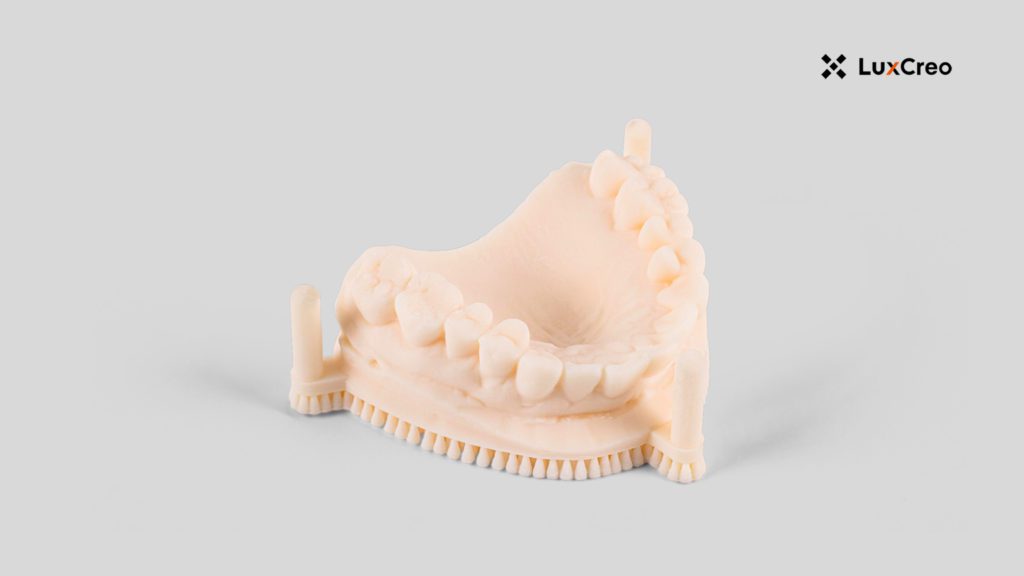
Footwear
Traditional footwear manufacturing uses polyurethane, EVA, or PEBAX foam injection molding process. These foams are inexpensive and lightweight, however, they typically don’t maintain their material properties and their shape after 20,000 to 100,000 compression cycles. Footwear companies can 3D print elastic polyurethane resin or powder materials with greater resilience and unique internal structures.
The leading elastic resins by LuxCreo achieve over 1,000,000 compressional cycles with less than 3% change in shape or performance. These advanced 3D printing resins further advance performance with energy return equivalent to the best foams in the market, like PEBAX. Design for additive manufacturing allows for light-weighting and part reduction not achieved by foam, eliminating assembly steps and increasing product durability and customizability.
Advanced materials include:
- Thermoset Polyurethanes
- Thermoplastic polyurethanes (TPU)
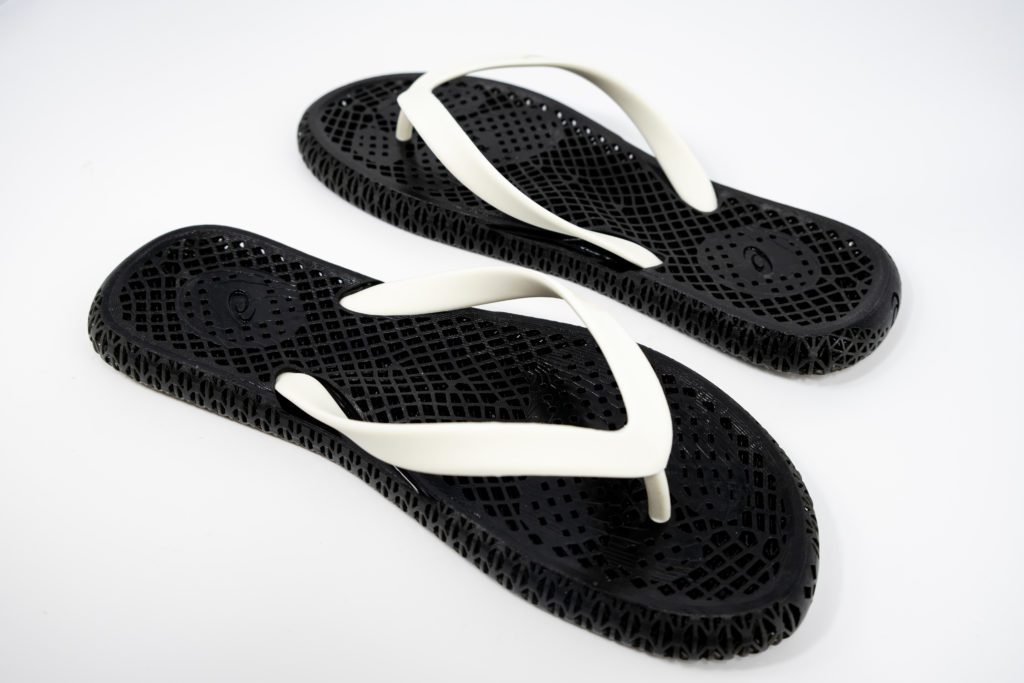
Aerospace
Aerospace manufacturers fabricate complex engine parts as single pieces using metal powder-based 3D printing materials. In contrast, traditional casting and milling would manufacture multiple components to assemble into one finished part and plastic parts were made with injection or compression molded methods. 3D printing allows part consolidation and the ability to print parts with unique internal lattice structures and higher strength-to-weight ratios.
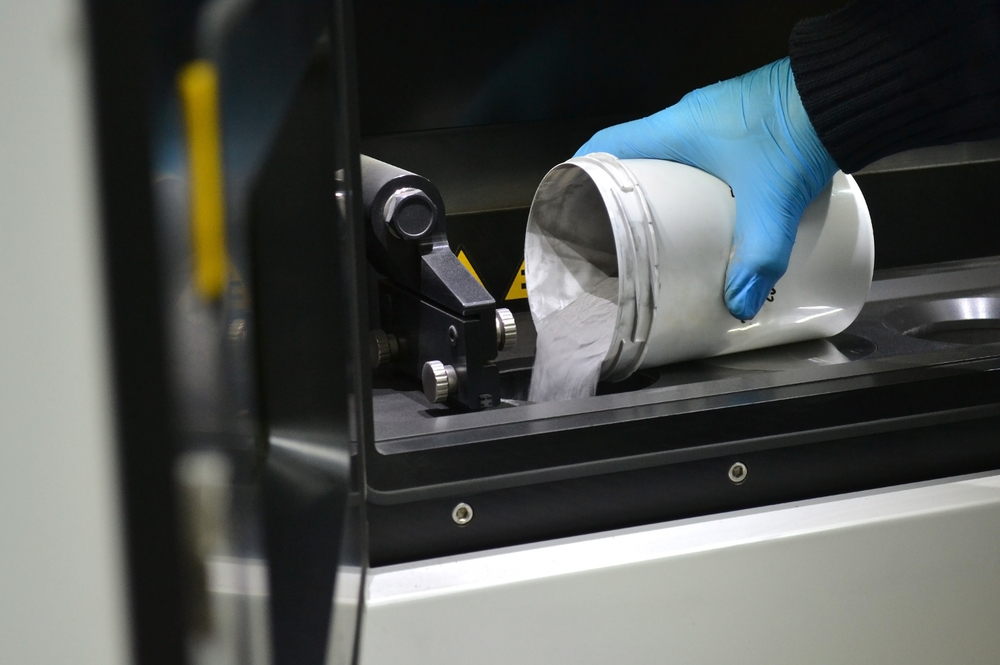
Aerospace parts also use phenolic resins, particularly in the interior cabin of an aircraft to meet aviation industry fire, smoke, and toxicity requirements. 3D printing materials and solutions can fabricate complex components made from resins that meet these strict aviation requirements using certified resins and advanced DLP processes. These materials do not burn easily or create toxic fumes that cause asphyxiation in the event of an in-cabin fire. These in-cabin finishing components can be FAA-qualified quickly and placed into service in commercial aircraft.
Advanced materials include:
- Nylon 6
- Nylon 12
- Ultem
- Polypropylene
- Titanium
- Aluminum
- Cobalt Chrome
- Nickel Alloys
- Inconel
Medical
Medical devices and implants also use polymer and metal additive manufacturing materials. Titanium appears in implants as its elastic modulus matches human bone, and the human body will not reject titanium implants. Polyether ether ketone (PEEK), ABS, and nylon are three 3D-printable materials used in medical products, including customized, complex cranial, and maxillofacial structures.
3D printing can accommodate almost any level of design complexity without increasing costs or material waste. Products fabricated from these biocompatible materials have also gained the advantage of FDA approval. Advanced 3D printing processes use these materials
for high throughput on-demand production, and the final products have material properties comparable to traditional materials and are constructed to the patient’s exact requirements.
Advanced materials include:
- Nylon 12
- PC-ISO
- ABS
- Silicone
- Titanium
- Cobalt Chrome
- Stainless steel
Industrial
Industrial tooling and injection molds are growing applications for additive manufacturing materials and manufacturing processes like vat polymerization DLP, LCD, and SLA systems. Resins for injection molds are increasing in performance (LuxCreo’s HT 32 injection mold resin achieves over 275°C heat deflection temperature without fiber reinforcement) and are able to quickly and economically support low-volume, high-mix production. Key benefits for 3D printing injection molds are flexible fabrication, on-demand capacity, support for traditional injection mold materials, and faster time to market.
3D printed jigs and fixtures are used to help traditional manufacturing processes and support fast quality checking of final parts before assembly or delivery. DLP and LCD vat polymerization resins and processes support fast, accurate production with wide color, elasticity, and hardness selection.
Robotics
Today’s robotics designs have sleek form factors and require complex enclosure designs that house electronic assemblies. Printers fabricate final robot structures including interior and exterior structures and paneling. 3D printed jigs and fixtures are used to help manufacture parts requiring traditional manufacturing processes and quality check final parts before assembly. DLP, LCD, and SLA vat polymerization processes employ resins, which are adjustable by color, elasticity, and hardness to deliver tough or elastic, complex parts quickly and efficiently with leading surface finish and accuracy. 3D-printed parts that resemble human body parts have unique forms and functions, making advanced DLP 3D printing platforms ideal for producing these complex parts.
Advanced materials include:
- PU
- TPU
- ABS
- Silicone
- Nylon 12
Advanced 3D Printing Companies Can Help You Select the Best Material
The above list is not exhaustive, and it can be difficult to determine which 3D printing material will work best for different products and applications. It’s essential to select materials that ensure high-quality printability and throughput while keeping production costs competitive with traditional manufacturing processes.
The right 3D printing partner can set you up for success by helping you qualify your designs, selecting the best materials for your product, and providing access to advanced Smart Factory 3D printers in-house or as a production service. Combining the latest resin materials with the latest Smart Factory 3D printers simplifies the manufacturing of industrial products from custom to volume production.
Companies find the Smart Factory consultative model highly desirable, especially if new to 3D printing. On-demand access to off-site Smart Factory production offers a flexible way to scale. Most importantly, it streamlines the transition from prototyping to production with a single printing system and material, helping companies stay competitive in fast-moving markets.
LuxCreo’s patented LEAP™ (Light Enabled Additive Production) platform enables high-mix, low-volume manufacturing of complex products with advanced additive manufacturing materials. We offer 3D Printers with on-demand Smart Factory production or rapid prototyping and volume production for high mix and mass customization products. For more information on how our services can improve your supply chain and manufacturing processes, visit our contact page or call (650) 336-0888.
Subscribe to Our Newsletter
Be the first to get our latest updates and free trials!
Popular Resources
Follow Us
Featured Products

4D Aligner™
First Smart ActiveMemory™
Aligner
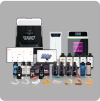
iLux Pro Dental Solution
Ultimate 1-Click Dental
Application Solution

LuxCloud Dental
Your One-stop Digital Dentistry
Platform



